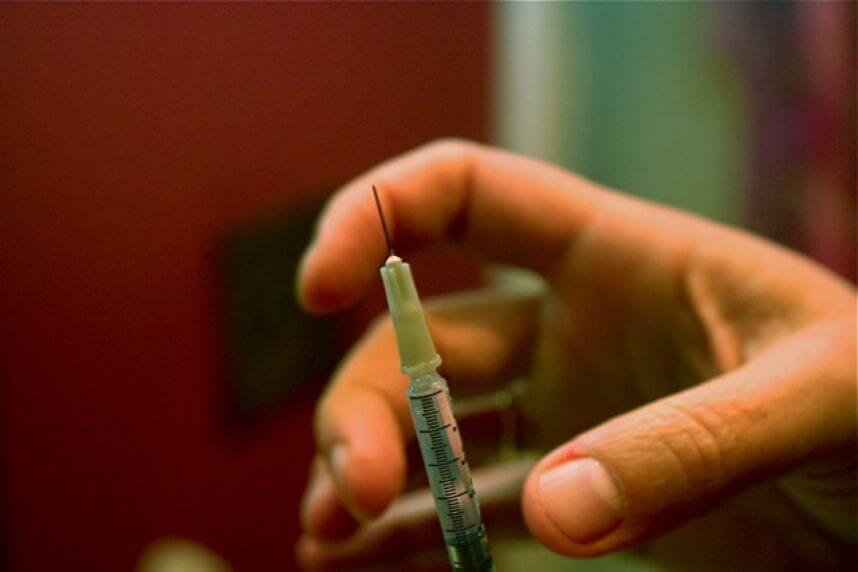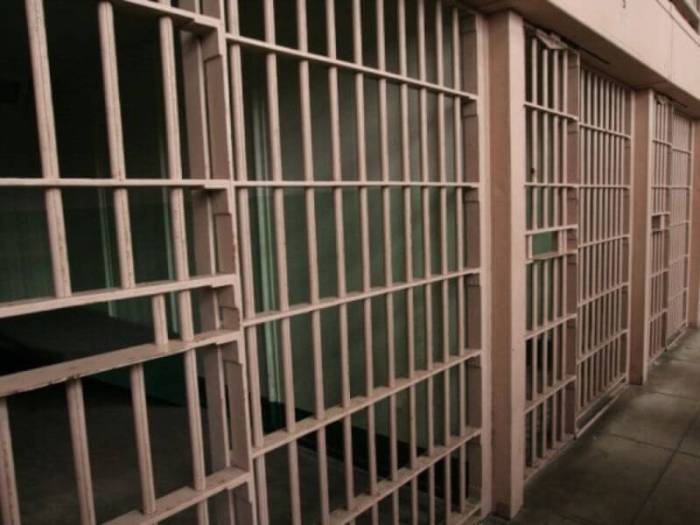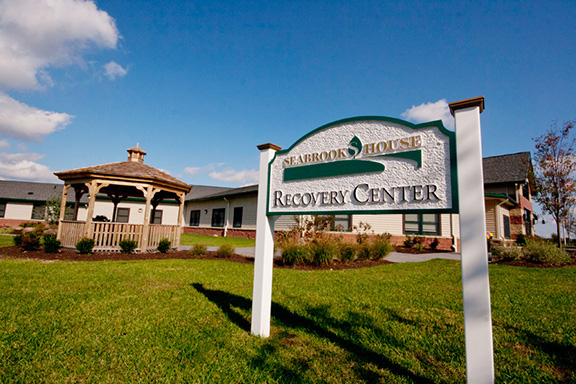Opioid-related deaths in Massachusetts due to fentanyl continue to climb, according to a new report released by the state’s Department of Public Health, but there are also signs of progress in the fight against the overall epidemic.
The department on Wednesday released its first quarterly opioid report for 2017, and it found that the increase in death rates “appears to have slowed.” In 2014, there was a 40 percent increase in the opioid-related death rate from the previous year. In 2015, there was a 31 percent increase, and in 2016, it slowed to a 16 percent increase.
The appearance of heroin and prescription opioids in these opioid-related deaths has decreased, the report found. In the fourth quarter of 2016, prescription opioids were present in 9 percent of opioid-related overdose deaths that had a toxicology report.
That’s compared to 28 percent of opioid-related overdose deaths in the beginning of 2014, when the department began tracking this data.
But the number of fentanyl-related deaths continued to increase in 2016. Out of the 1,899 opioid-related deaths for which a toxicology screen was available, 1,302 of them, or 69 percent, had screened positive for fentanyl.
The report also updated the number of confirmed opioid-related deaths in 2016 to 1,933. The confirmed number as of a February report was 1,465, though the department estimated the count could be as high as 1,979 as data continued to be accumulated.
For 2017, there were 117 confirmed opioid-related deaths in January. In February, the report found 42 confirmed deaths, though estimates included about 100 more. In March, 13 deaths were confirmed, but the report estimates there were actually another 136.
“This enhanced level of data collection is a critical resource to help the administration, public safety officials and healthcare professionals understand the destructive impact of opioid-related overdoses in every corner of the commonwealth,” Gov. Charlie Baker said in a statement. “We will continue to monitor trends and respond through targeted prevention, treatment and recovery services to break the negative momentum of this crisis.”
In April, the Baker administration announced that the state received a federal grant of nearly $12 million in order to fight the opioid epidemic through “outpatient treatment, recovery services and expanded community overdose prevention programs,” according to a release.
“We continue to invest new resources to strengthen services and to underscore our commitment of an intensive focus on this crisis,” said Health and Human Services Secretary Marylou Sudders in a statement. “Commencing in [fiscal year 2018], MassHealth will provide additional funding to expand long-term, residential treatment beds in Massachusetts as a result of our recently negotiated federal waiver.”



















